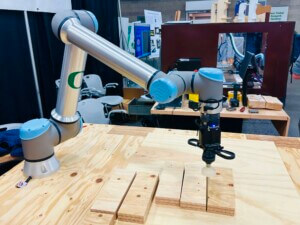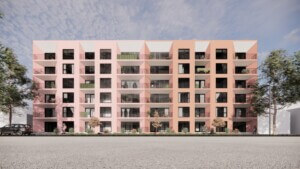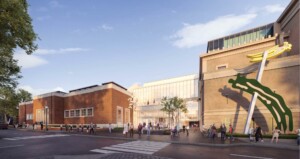A newly-formed activist group has its sights set on bringing high-speed rail to the Pacific Northwest region.
Cascadia Rail and its members envision a new high-speed train network connecting Portland, Oregon, Seattle, Washington, and Vancouver, Canada with an eastern offshoot between Seattle and Spokane, Washington. The group, emboldened by the recent success of the Seattle Subway coalition and its transformative Sound Transit 3 metro expansion in 2016, is banking that growing regional awareness around the interconnectedness of transit, climate, and social justice issues will coalesce in their favor.
The group launched the initiative via Seattle Transit Blog in a post earlier this month with the slogan “You deserve faster.” Backers of the group argue that access to high-speed transit could help alleviate regional inequality, economically link a string of vibrant international cities together, and boost regional tourism.
The initiative has been under study by the Washington State Department of Transportation since 2017. The department submitted a report late last year to the Washington State legislature recommending more study on the issue and urging state, federal, and Canadian agencies to move toward facilitating a plan. The department compared traditional steel wheel and Maglev trains as well as Hyperloop systems for the study. Preliminary estimates in the report put the cost of the new high-speed system at between $24 billion and $43 billion, depending on routes and train technologies chosen.
The Washington State Legislature is currently considering a two-year transportation funding bill that could include up $3.6 million earmarked for detailed study following up on the 2017 report. If funding for the additional study is approved, analysis could be completed as soon as mid-2019.
A timeline for design and construction of the train network has not been put forth.











